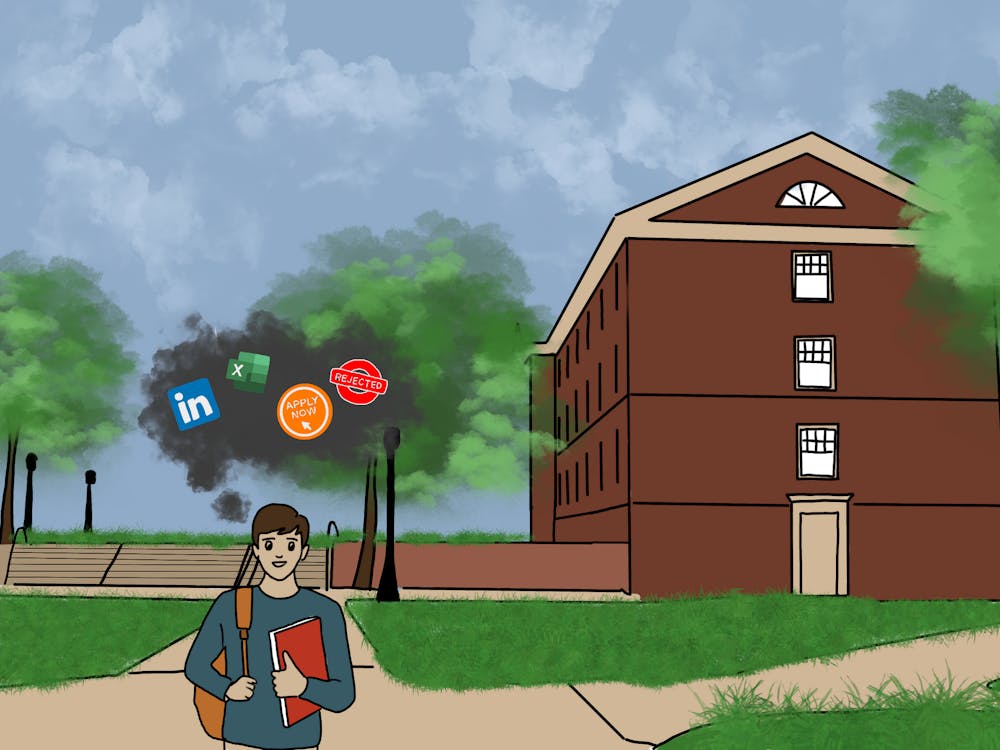In the wake of the Rolling Stones article there has been a lot of discussion of the Greek societies role in what occurred. Most recently a petition on Change.org has been created to encourage President Sullivan to abolish the Greek system. It is not surprising that someone would present this as a possible solution. However, it does not address the real problem. You cannot solve the issues surrounding sexual assault by abolishing the Greek system. Sadly sexual assaults would still occur, just not in fraternities.
Rather than demonizing the entire Greek system, we should figure out how to make it part of the solution. I am fortunate enough to know who to call and who could give me proper guidance should something happen to me or one of my friends — a member of my sorority. There are many sorority members who are actively involved in trying to prevent sexual assault on grounds. The ISC is one of the largest group of women on grounds. We should not be abolishing it, we should be mobilizing it.
As Julia Horowitz points out in her article "What I didn't know then" is that the Greek system comes across as a mythical system and is the center of social life at UVa. It is true fraternities have huge social capital. They are the only place available for first-years who want to go out since they cannot go to bars, do not know upper classmen, and cannot be invited to a party with alcohol by a sorority member. Horowitz points out first-years have very little guidance when it comes to how the Greek system works. This lack of understanding results in tragic situations such as fear that reporting an assault is social suicide and would bar you from joining a sorority or fraternity. It does not; in fact there are survivors in many ISC and IFC organizations.
It is our responsibility as a Greek community to provide first year women with the guidance they so desperately need in the first semester of college. We should be offering every available resource to help first years educate them. I was unaware until I read Horowitz's article that you are more vulnerable to sexual assault in the first 6 weeks of college. That is important information. The Greek community needs to reach out and help mentor and educate first-year women about sexual assault whether they choose to rush or not. We should actively work to decrease victim blaming, combat rape culture and provide support for survivors. It is our responsibility to work with the community to protect our members Greek or not.
This is not only limited to women. If it is only women who are being educated then it is only one half of the people who need to be involve. Men are just as important. They can be sexual assaulted as well. The IFC has the potential to do tremendous good for our community. They can promote education about sexual assault and how to prevent it starting with their own members. We need the IFC just as much as the ISC to push for better education about the sexual misconduct rules and the resources available to survivors. If it is only women who understand this nothing is going to change.
The Greek community provides so many resources for its members in regards to sexual assault. They have a women's concerns chair to advise you in multiple situations. They have risk management to look out for members when they go out. It is time that these sort of resources are made available to everyone. We as a community need to do our part. We have to look out for each other and serve as a resource for education instead of being source of mystery and confusion. We have so many resources to offer this community. It is time to unite with everyone on grounds and do our part to make our community safe.
Laura Merriman
CLAS ‘15






